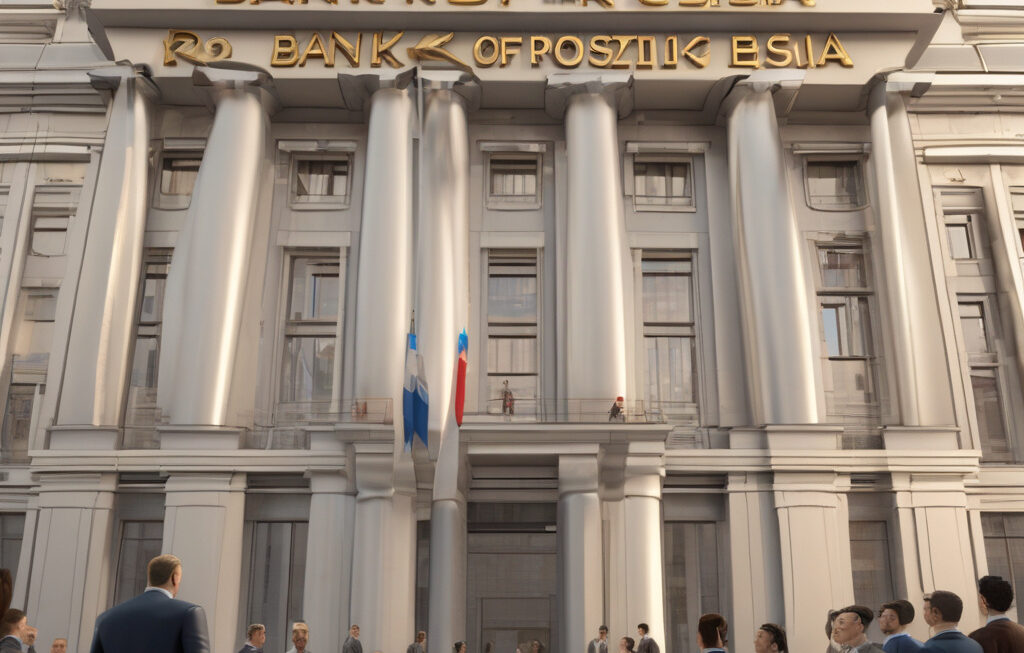Bitcoin Holds Strong Amidst Escalating Tensions in the Gulf
As geopolitical risks continue to escalate in the wake of targeted airstrikes, investors are turning to assets that offer stability and resilience in the face of global uncertainty. One such asset that has been gaining significant attention in recent years is Bitcoin.
Bitcoin, the world’s most popular cryptocurrency, has been making headlines not just for its price fluctuations, but also for its potential as a safe haven asset. While traditional safe havens like gold and government bonds have historically been the go-to investments during times of geopolitical turmoil, Bitcoin is increasingly being seen as a viable alternative.
One of the key reasons behind Bitcoin’s appeal in times of crisis is its decentralized nature. Unlike traditional currencies that are subject to government manipulation and control, Bitcoin operates on a peer-to-peer network that is not controlled by any single entity. This means that it is not tied to any government or central bank, making it immune to geopolitical events that can impact traditional assets.
Furthermore, Bitcoin’s limited supply of 21 million coins sets it apart from fiat currencies that can be endlessly printed by central banks. This scarcity gives Bitcoin an inherent value that is not subject to inflation or devaluation, making it an attractive option for investors looking to hedge against economic uncertainty.
In recent weeks, as tensions have risen in the Gulf region, Bitcoin has held firm, with its price remaining relatively stable compared to traditional assets that have seen significant volatility. This resilience has not gone unnoticed by investors, many of whom are increasingly diversifying their portfolios to include cryptocurrencies like Bitcoin.
For example, in the aftermath of the recent airstrikes, the price of gold surged as investors sought safe havens, but Bitcoin also saw a notable increase in value. This demonstrates the growing recognition of Bitcoin as a legitimate store of value and a hedge against geopolitical risks.
Moreover, the accessibility of Bitcoin makes it an attractive option for investors looking to quickly move their assets out of traditional markets that may be impacted by geopolitical events. With Bitcoin, transactions can be made quickly and securely without the need for intermediaries, making it an ideal choice for those seeking to protect their wealth in times of crisis.
While Bitcoin is not without its risks, including price volatility and regulatory uncertainty, its performance in the face of escalating tensions in the Gulf highlights its potential as a valuable asset in a diversified investment portfolio. As geopolitical risks continue to loom large, Bitcoin’s position as a digital safe haven is likely to strengthen, solidifying its status as a resilient asset in an ever-changing global landscape.
In conclusion, as tensions rise in the Gulf and geopolitical risks mount, investors are increasingly turning to assets that offer stability and resilience. Bitcoin, with its decentralized nature, limited supply, and growing recognition as a safe haven asset, is emerging as a compelling option for investors looking to protect their wealth in uncertain times.
Bitcoin, cryptocurrency, geopolitical risks, safe haven asset, global uncertainty.












